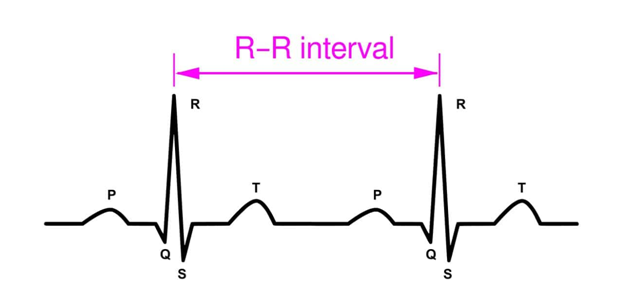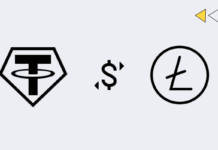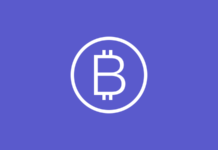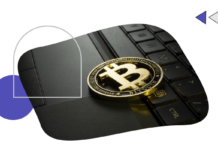Healthcare, as many would have known and observed, has seen drastic progressions and leaps when it comes to consistently innovating. The fact that a lot of elements have medical treatments now, and the most complicated surgeries can be performed without any complications is a resounding testimony to the fact that healthcare is growing with every passing day and even every passing minute.
However, there are a few pockets of the healthcare ecosystem that have resisted change. Some of them include the way hospitals keep records and the way a patient’s information is shared. It still remains erratic, uncertain, and insecure. Although the healthcare industry did not get a solution in this respect, it was the silent need for doctors, patients, and hospitals alike.
One of the newest technologies that have taken over the world by storm is blockchain. This decentralized ledger brings about advantages like unparalleled security and transparency. These two attributes are quite important for an industry like healthcare. However, the complacence and the inertia of the healthcare industry when it comes to adopting new technologies has been a deterrent in blockchain becoming mainstream.
There are a few areas where blockchain is expected to create a deep impact in the healthcare industry. Let us look at a few of them in detail.
Universally accessible electronic health records
It is quite not possible to ensure that the patient only visits a single hospital in their entire life. They might go to different hospitals and different doctors for treatments and consultations. It is important for every hospital and doctor to know the history of ailments and medications that the patient has faced and has been administered. However, this is quite tricky because the majority of records of patients are unorganized.

Electronic health record-keeping might have temporarily fixed the problem. However, it has not completely resolved the issues because electronic health records also open up the possibilities of the information being compromised. If patient records end up in places where they are not supposed to, it might result in a massive data breach that can lead to disastrous results.
With the combination of security and transparency, blockchain could very well be the panacea that the healthcare industry was looking for in the domain of electronic health record maintenance. This also gives a lot of power to the patients in granting access to their health data based on their will, giving them the complete command over their data security.
Record-keeping can even be incentivized for patients, so the data becomes accurate. They can be given certain tokens or points that they can use for health check-ups or consultations. It is the inherent property of a blockchain to maintain consistency across every node. This ensures that the data can never be tampered with, leading to uncompromising integrity, accuracy and security.
Supply chain management for medicines
Statistically, it is proven that the health care sector has lost more than $8 billion because of counterfeit drugs. Counterfeiting might be tolerable in a few areas but when it comes to life-saving medicines, it is extremely detrimental to the health of the patient and the reputation of the institution that provides it. In addition to that, it also tarnishes the name of the brand which originally produces the medicine. Therefore, the responsibility falls upon everyone to stop this malpractice of counterfeiting.
With the distributed ledger technology, it is definitely possible to track a particular medicine right from its manufacturing until it ends up with a patient. Therefore, patients can be assured that they are being administered the original drugs and not the counterfeit ones. The same concept of authenticating medicines can be used for lab trials. This will ensure that the results of the trials do not get mixed up.
How does the future look?
As always, the healthcare industry has been resistive towards the idea of the blockchain. People who are experts in both the fields state that blockchain, as of now cannot be used to handle such huge volumes of data and the speed might not be dependable. However, with the innovations that are being turned out day by day in the field of blockchain, it might not be long before an exclusive blockchain is created for being used in the medical domain. At this time, establishing compliance with data security legislation like HIPAA will become extremely easy. It will also be a perfect time for Blockchain app development companies to create exclusive apps for different verticals within the domain of medicine and healthcare.








